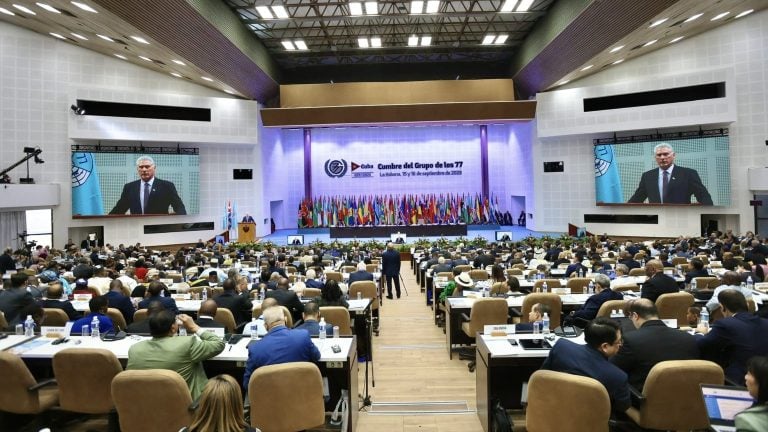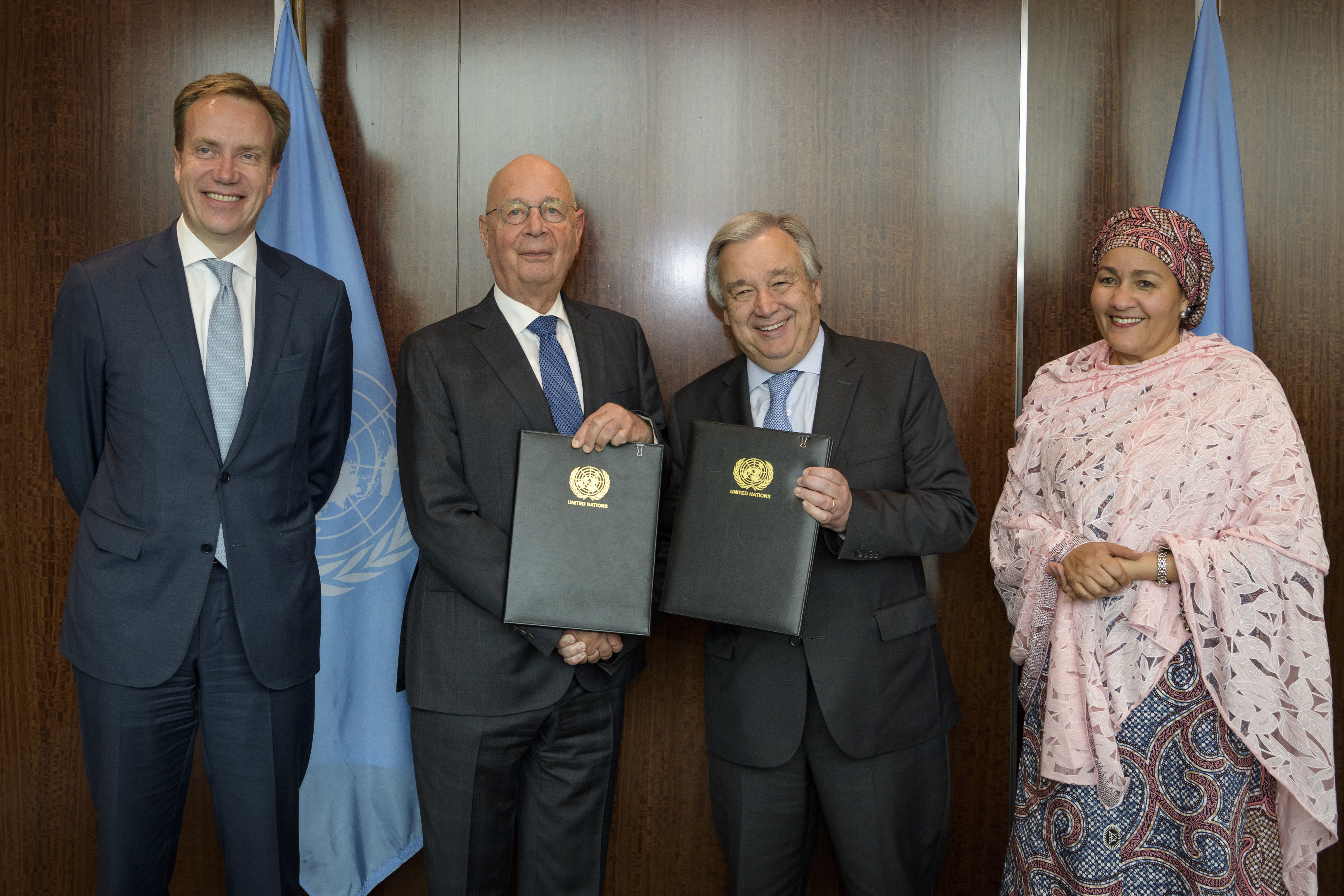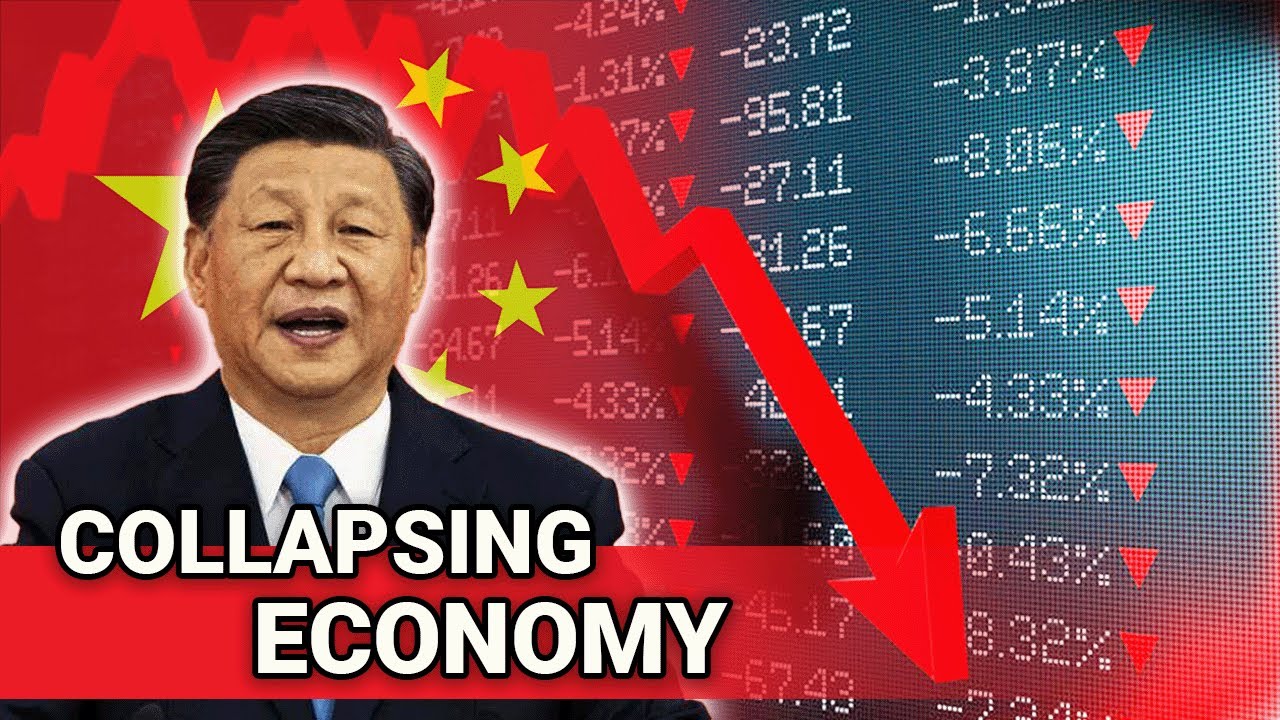G77 Rejects “Digital Monopolies” and Calls for “Reform” of the Financial System
Medeea Greere, an independent publisher, is now on Telegram at https://t.me/AMGNEWS2022 and exists only on reader support as we publish Truth, Freedom and Love for public awareness. Thank You for your support!
🚨 Urgent: American Media Group faces active censorship attempts by powerful organizations and institutions. Please help spread the word.📢 #FreedomOfSpeech, #MediaFreedom
There is a Double Speak: While the G77 Calls for “Reform of the Financial System”, what they fail to acknowledge is that many of the heads of state and government of the Global South have not only endorsed the Neoliberal agenda, they are directly or indirectly controlled by the Washington Consensus.
Brazil: Luis Ignacio da Silva
This certainly applies to Lula Ignacio da Silva from the outset of his presidency. The first thing he did was to hand over the management of his country’s Central Bank to FleetBoston and the State investment Banco do Brasil to Citibank.
“A former CEO/president [Henrique Meirelles] of one of America’s largest financial institutions (and a US citizen) controls Brazil’s Central Bank and sets the macroeconomic and monetary agenda for a country of more than 200 Million people.
It is called a Coup d’Etat… by Wall Street.”
Lula was then praised both by Wall Street and the IMF: Lula is “Our best president” according to IMF Managing Director Heinrich Koeller (2003)
Let us not forget that Lula in June 2004, following a request from Washington, sent Brazilian troops to Haiti in the wake of the CIA sponsored Coup d’état directed against the democratically elected president Bertrand Aristide. This was an illegal occupation under the auspices of The United Nations Stabilization Mission in Haiti (MINUSTAH). The UN Secretariat was complicit.
Military Governments in the Sahel. Trained in the US
With regard to the leaders of the military governments of Burkino Fasso, Mali and Niger, they received their military training in the U.S. They are in liaison with the Pentagon. Colonel Assimi Goita, (the architect of several military coups) who represented The Republic of Mali at the Havana G77 venue was not only trained in the US, he actively collaborated with the U.S. Army Special Forces (“Green Berets”).
The Role of the UN: UN Secretary General Antonio Guterres
UNSG Antonio Guterres is the epitome of ambiguity and DoubleSpeak, particularly in relation to the dramatic social and economic crisis affecting the Global South.
“Poverty is increasing and hunger is growing… the conclusion is clear, the world is failing developing countries.” says UNSG General Antonio Guterres in his opening presentation at the G77 venue in Havana.
What has Guterres done to reverse the tide of global poverty? He is not only a faithful appointee of the US government, his 2030 UN Sustainable Development Project is being carried out in coordination with Klaus Schwab and the World Economic Forum (WEF), which represents the interests of the global financial establishment.
A strategic partnership was signed in 2019 at a meeting held at UN headquarters between UN Secretary-General António Guterres and WEF Executive Chairman Klaus Schwab “to accelerate the implementation of the 2030 Agenda for Sustainable Development.”
Signing of the WEF-UN Partnership
What should have been debated by the G77 in Havana is the nature of this insidious WEF-UN partnership, which is in derogation of the UN Charter. It’s a neoliberal agenda to the nth degree on behalf of “Big Money”, to the obvious detriment of the Global South. It is part and parcel of the WEF’s “Great Reset”:
“The UN-Forum partnership will focus on aligning financial systems and accelerating finance flows toward the 2030 Agenda and the Sustainable Development Goals.
Collaboration will seek to build a shared understanding of sustainable investing, especially in small island developing States, least developed countries and landlocked developing countries, and identify and take forward solutions to increase long-term SDG investments” (emphasis added)

While Guterres refers rhetorically to the failed “global systems and structures”, he is visibly involved in “aligning financial systems” to the detriment of heavily indebted developing countries, which are the victims of U.S. dollarization.
“Failing developing countries”? Guterres has endorsed on behalf of the United Nations, (in coordination with the Bretton Woods institutions), the continued imposition of “IMF strong economic medicine” resulting in mass poverty as well as recurrent famines throughout the Global South.
India
While India historically has been a powerful voice of the Global South, Narendra Modi’s economic policies consist in promoting privatization and foreign investment, with the support of USAID and the World Bank. The funds dedicated to poverty-alleviation have been significantly reduced. Not surprisingly, Modi “decided to scale down” India’s participation in the G77 Havana venue.
Is the so-called emerging “Multipolar World” a reality or a fiction?
G77 Rejects “Digital Monopolies”, Calls for “Reform” of the Financial System
In the final declaration, the G77+China Summit highlighted the importance of technology for development, the impacts of climate change, and called for a reform of the international economic system. The event ended on Saturday September 16 in Havana, the capital of Cuba, and was attended by heads of state from Latin America, Africa, and Asia including Brazilian President Luiz Inácio Lula da Silva, Venezuelan President Nicolás Maduro, Colombian President Gustavo Petro, as well as United Nations Secretary-General Antonio Guterres, and diplomats and delegations from more than 100 countries.
The summit is the largest event of countries from the Global South within the United Nations (UN).
“We stress the urgent need for a comprehensive reform of the international financial architecture and a more inclusive and coordinated approach to global financial governance, with greater emphasis on cooperation between countries, notably by increasing the representation of developing countries in global decision-making and policy-making bodies that will contribute to increasing the capacities of developing countries to access and develop science, technology and innovation,” says the Havana Declaration.
The summit’s final declaration also criticizes “digital monopolies” and “other unfair practices that hinder the technological development of developing countries”.
The text also attacks “sanctions” and “coercive economic actions” against developing countries.
“We emphasize that such actions not only undermine the principles enshrined in the United Nations Charter and international law, but also seriously impede the advancement of science, technology and innovation and the full realization of economic and social development, particularly in developing countries.”
Cuban President Miguel Díaz-Canel stressed at the opening of the summit on Friday September 16 that one of the aims of the event was to seek common positions so that the countries of the Global South could take their demands to other international forums. On the same day, UN Secretary-General António Guterres pointed out that “global systems and structures have failed” the countries of the Global South.
President Lula on Saturday September 16 criticized the sanctions imposed by the United States against Cuba, defended the reformulation of the global governance system and also questioned technology companies.
“It is particularly significant that, at this time of great geopolitical transformations, this summit is being held here in Havana. Cuba has been an advocate of fairer global governance and is even the victim of an illegal economic embargo. Brazil is against any unilateral coercive measure. We reject Cuba’s inclusion on the list of states that sponsor terrorism,” said the Brazilian head of state.
“The South can no longer bear the dead weight of all the misfortunes”
The Summit of Heads of State and Government of the Group of 77 (G77) and China began on Friday September 15. The opening ceremony was preceded by an excerpt from Fidel Castro’s speech at the “first Summit of the South”, held in 2000, also in Cuba. The opening speeches were then given by Cuban President Miguel Díaz-Canel and United Nations (UN) Secretary-General António Guterres.
At the start of his inaugural speech, the Cuban president emphasized the importance of the group, which currently has 134 members:
“Today we are two-thirds of the UN’s members, home to 80% of the world’s population,” he said.
Díaz-Canel also paid tribute to former Venezuelan president Hugo Chávez, recalling that he used to say that “we presidents go from summit to summit, while the peoples go from abyss to abyss.” He called for joint efforts to coordinate joint actions between the countries of the global South in order to “change the rules of the game” and achieve the “pending democratization of the system of international relations”.
“It is the peoples of the South who suffer most from poverty, hunger, misery, deaths from curable diseases, illiteracy, human displacement and other consequences of underdevelopment,” said Díaz-Canel. He described the international economic order as “unjust and ecologically unsustainable”.
He also said that “this will be an austere summit”, since in Cuba “we lack many things, but we have an abundance of feelings of friendship, solidarity and fraternity.” He denounced the fact that “Cuba is literally surrounded by a blockade that has lasted six decades and all the difficulties that derive from this siege, which has now been reinforced.” He stressed that Cuba “is not the only one suffering from this unjust world order.”
Describing the global situation, the Cuban president said that “We are traveling on the same ship, even if some are the passengers and others the servants. The only way for this world ship not to end up like the ‘Titanic’ is through collaboration.”
Díaz-Canel questioned the international patent system and made a special complaint about international military spending and the irrationality of the fact that these resources cannot be used to improve the living conditions of the majority.
“Estimates indicate that 9% of world military spending could finance adaptation to climate change in 10 years, and 7% would be enough to cover the cost of universal vaccination against the pandemic,” he estimated.
In the opening speech of UN Secretary General Guterres, he started by saying that the countries of the Global South are “caught in a web of global crises”.
“Poverty is increasing and hunger is growing. Prices are rising, debt is exorbitant and climate disasters are becoming more frequent,” said Guterres. “Global systems and structures have failed them,” adding that “the conclusion is clear: the world is failing developing countries.”
The UN Secretary-General noted that in recent decades, the G77 countries and China “have lifted hundreds of millions of people out of poverty and have come together in the United Nations in search of global solutions and solidarity.”
“To change this, we need action at the national level to ensure good governance, mobilize resources, and prioritize sustainable development. And we need action at the global level that respects national ownership, with the aim of building an international system that defends human rights and looks after the common interest,” he said.
In this sense, Guterres recognized that “many current global institutions reflect a bygone era.” He highlighted the need to update the UN Security Council, the International Monetary Fund (IMF) and the World Bank.
Importance of the Summit
The summit takes place a few days before the opening of the 78th UN General Assembly in New York on Tuesday September 19. It is hoped that the countries meeting in Havana will be able to agree on common positions to be defended at the assembly.
Although the UN General Assembly does not have a binding character that obliges member countries to adopt its declarations, several experts emphasize the importance of the 134 countries that currently make up the G77 + China coordinating joint positions as a way of putting pressure on the most powerful countries.
Claudia Marin, from Cuba’s International Policy Research Center, noted that “many of the countries that make up the G77 + China have gained enormous international weight in the last two decades, as in the case of those that make up the BRICS, and this means that the countries of the Global South as a whole have greater weight in their demands.”
However, Marin stressed in an interview with Brasil de Fato that “it will only be possible to build a fairer international system if the weight of these emerging countries can be articulated with the number of countries from the Global South through a greater degree of South-South collaboration”.
Diplomatic Victory Against the Blockade
The G77 Summit of Heads of State and Government is being held in Cuba just days after US President Joe Biden extended the law regulating the blockade against Cuba for another year. A ritual that both Democrats and Republicans have been repeating year after year for more than six decades. Cuba is currently the only state subject to US trade restrictions under the Trading with the Enemy Act, although it is not the only one to suffer unilateral sanctions from Washington.
Every year since 1992, Cuba has presented a draft resolution to the UN General Assembly on the need to suspend the US blockade. Since then, the majority of member states have always voted in favor of the document. This year, the vote is expected to be repeated.
According to several experts, the fact that delegations from all over the world have arrived in Havana to take part in the summit demonstrates the enormous diplomatic capacity that Cuba has managed to build.
SOURCE: https://www.globalresearch.ca/g77-rejects-digital-monopolies-calls-reform-financial-system/5833145
Our mission to champion democracy, freedom of speech, and patriotic values relies on the support of dedicated individuals like you. Your contribution is vital in helping us provide insightful analysis, uncover pressing issues, and inspire positive change in our nation.
Join us in our commitment to making a difference. Every donation counts and empowers us to continue our work in advocating for the values we hold dear.
Thank you for being a crucial part of our journey.

I’m a 33-year-old writer and the founder of World Reports Today. Driven by the timeless principles of democracy and freedom of speech, I use my platform and my writing to amplify the voices of those who uphold these ideals and to spark meaningful conversations about the issues that truly matter.







